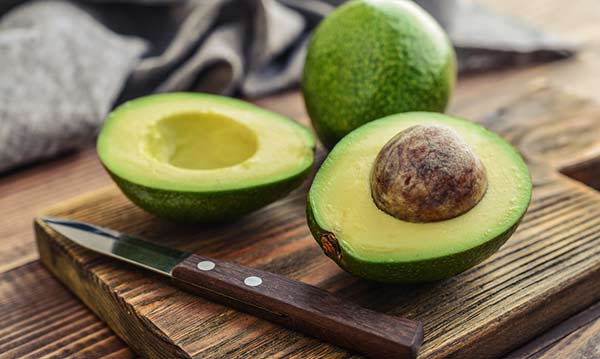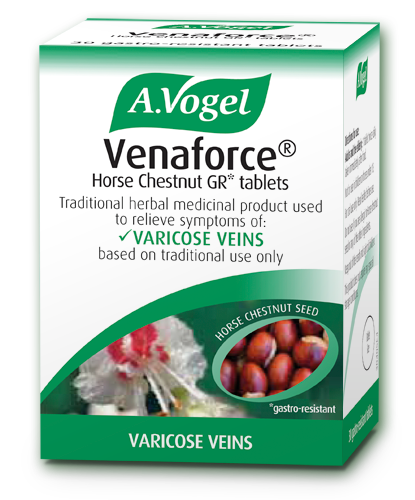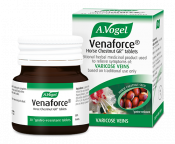What to avoid:
Avoid foods that cause water retention because fluid retention places added pressure on the veins within the body. Too much pressure on the valves responsible for keeping our blood pumping in the right direction can cause damage and result in blood pooling inside the vein and swelling of the blood vessels. Don't add extra salt at the table, and avoid salty processed meats and ready meals.
Avoid foods that lead to constipation because this issue also puts the veins under pressure, particularly in the lower legs where varicose veins are most likely to develop. Avoiding the likes of alcohol and, again, salty foods will help to reduce the likelihood of your body becoming dehydrated which is a common cause of constipation. Reduce your risk of constipation by consuming foods high in fibre such as whole grains and fruit - and don’t forget to drink plenty of water!
Avoid excessively gaining weight because this makes your entire body have to work harder to carry out its necessary functions. The added weight is another factor that places excess pressure on the legs and can contribute to varicose veins. Make sure to avoid fried and processed foods, and replace unhealthy fats with healthier sources, such as avodacos.

My Top Tip: Venaforce tablets are made from freshly harvested horse chestnut seeds, which are used to improve blood flow and relieve the swelling and discomfort caused by varicose veins. Take one tablet, twice daily. Venaforce tablets are made from freshly harvested horse chestnut seeds, which are used to improve blood flow and relieve the swelling and discomfort caused by varicose veins. Take one tablet, twice daily.
|
Eat your way to healthier veins with these top foods:
1. Chia seeds or flaxseeds
High-fibre foods like chia seeds or flaxseeds help to improve heart health and support digestive functions preventing bloating and increased pressure on the abdomen and legs. If we don’t have enough fibre in our diet constipation can arise, and the straining caused when trying to pass a stool can create pressure in the veins of the lower rectum, potentially leading to the formation of haemorrhoids and varicose veins.
A fun chia seed recipe to try: Coffee Chia Puddings (Vegan & Gluten Free)
2. Blackberries
High-antioxidant foods like blueberries help strengthen veins, improve arterial health and fight inflammation. Blackberries also contain a flavonoid known as rutin which is antioxidant, anti-inflammatory, vasoprotective (protective of the blood vessels) and protective against blood clots. It is also known to help reduce the permeability of capillaries and therefore your risk of forming new varicose veins.
A fun blackberry recipe to try: Apple and Blackberry Crumble (Vegan & Gluten Free)
 3. Herbamare Low Sodium
3. Herbamare Low Sodium
Not necessarily to eat more of, but more of a smart swap for salt because salt is directly linked with water retention which, as we know, can be disastrous for our vein health. High salt intake can also lead to diabetes, high blood pressure and damage the kidneys. So moderating your intake is important for your overall circulatory health.
Why not try our Herbamare Low Sodium Seasoning Salt for some tasty flavouring?
4. Avocados
Avocados are packed full of important minerals that can help to prevent varicose veins. Avocados contain both vitamin E which helps to prevent blood clots and acts as a natural blood thinner and vitamin C which is anti-inflammatory and good for our skin health.
A fun avocado recipe to try: Quinoa Stuffed Avocados (Vegan & Gluten Free)
5. Ginger
Ginger, the anti-inflammatory superfood that can also help your varicose veins! Ginger can help improve circulation and to dissolve fibrin in blood vessels. Fibrin is what causes veins to become hard and lumpy, people with varicose veins have difficulty breaking down this substance so increasing your intake of ginger will help to tackle the task.
A fun ginger recipe to try: Carrot and Ginger Soup
 6. Beets
6. Beets
Beetroot contains a chemical called betacyanin which helps to reduce levels of homocysteine, an amino acid that can damage blood vessels. Beetroot juice is also rich in nitrates which help to naturally improve and support blood circulation. Nitrates open up the blood vessels and allow a greater flow of oxygen through, helping to lower blood pressure in the process.
Beetroot can be incorporated into your diet in a variety of ways, for example through smoothies, but if you want simplicity I’d recommend trying Biotta’s Beetroot juice which is completely organic and tastes delicious cold and warmed up!








